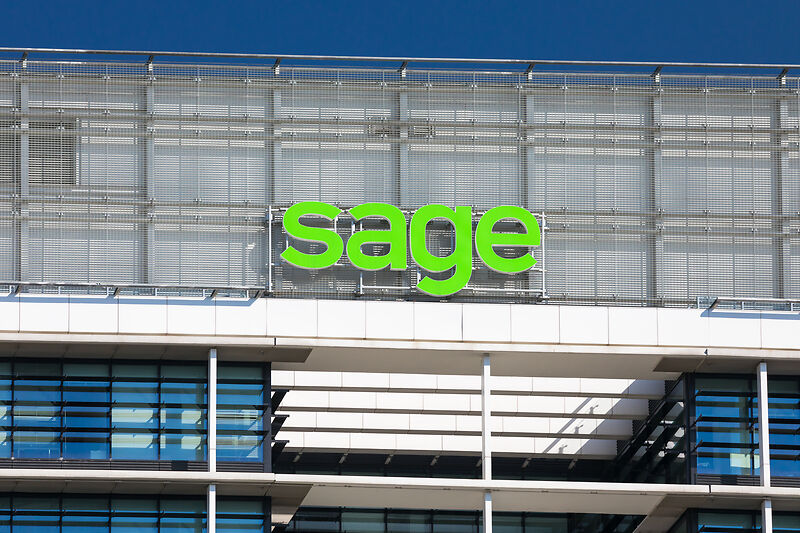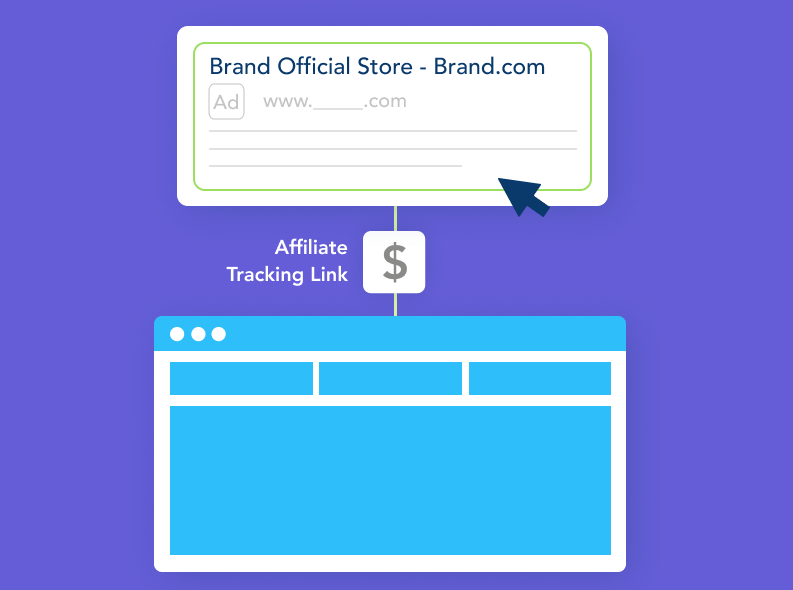PPC brand bidding is the process of bidding on specific brand-related keywords to gain greater visibility on the search engine results pages (SERP) of search engines such as Google.
Here’s the twist: brand bidding isn’t just about promoting yourself. Businesses can also bid on their competitors’ brand names to grab attention and potentially win over interested customers. Done right, this can lead to a surge in website traffic, leads, and ultimately, sales.
Complete Guide to PPC Brand Bidding
Do you understand PPC Brand Bidding, what it is, the benefits, and how to optimize your brand bidding strategy? This guide delves into its intricacies, so you can prepare to strategically craft your online identity and protect your brand.




